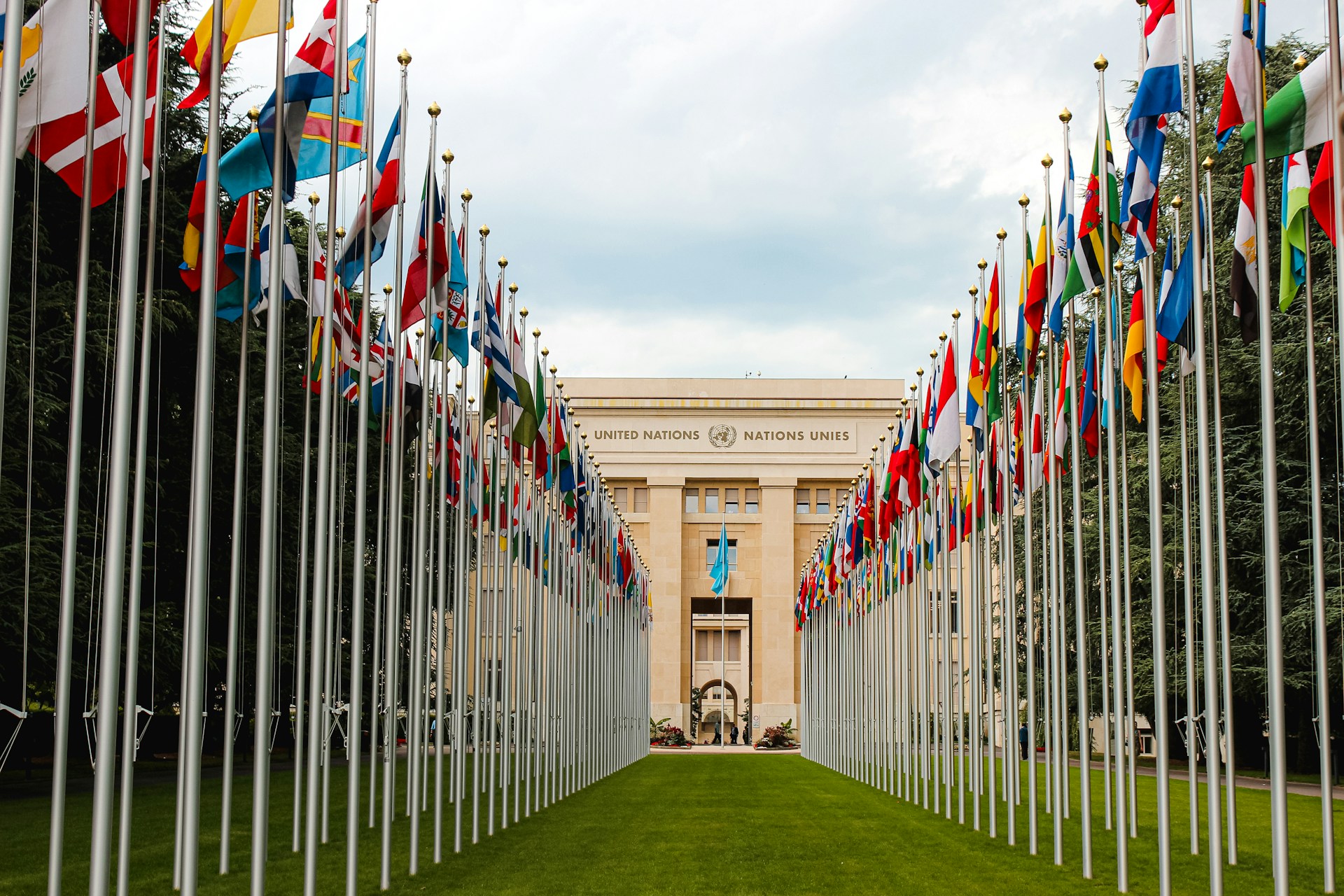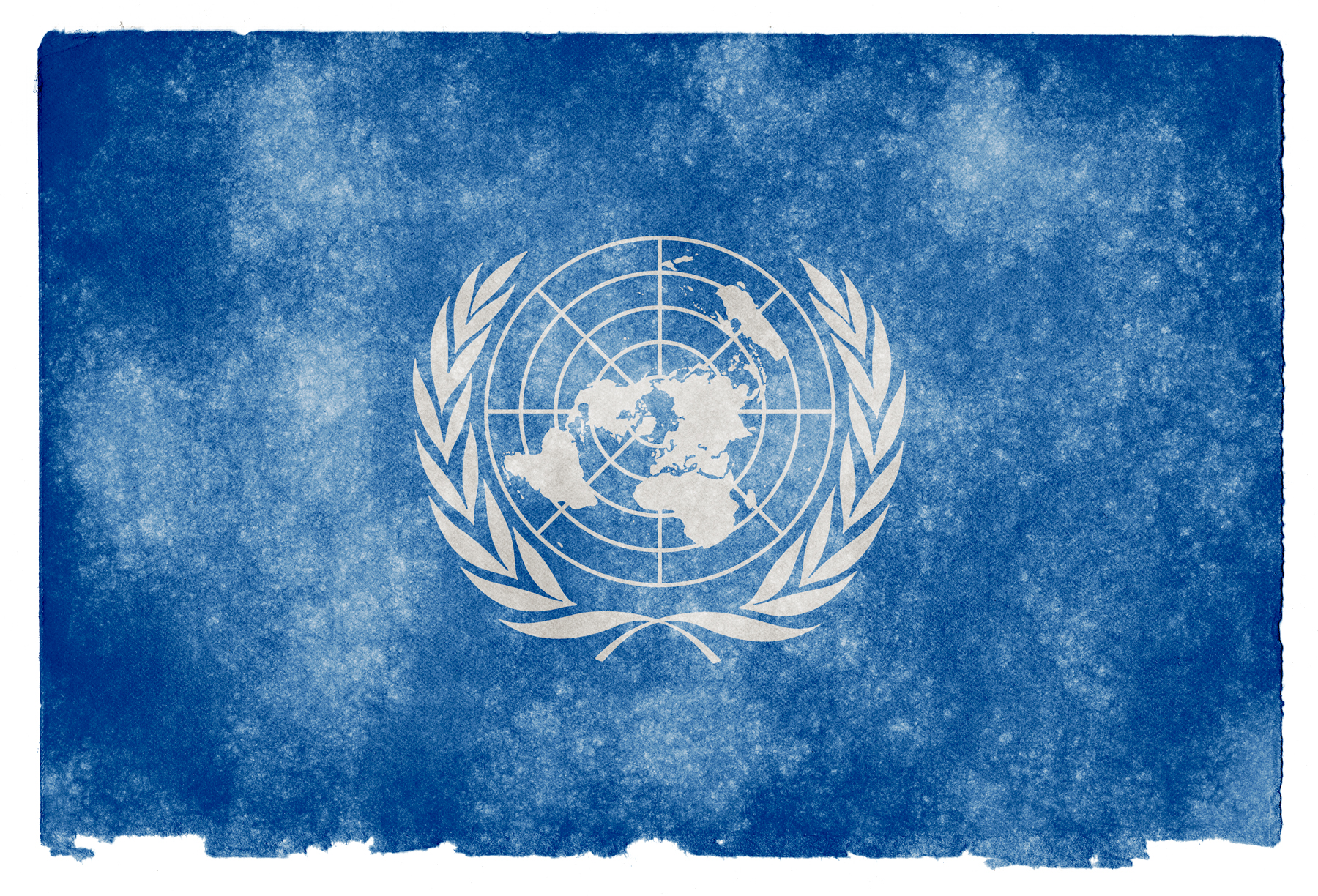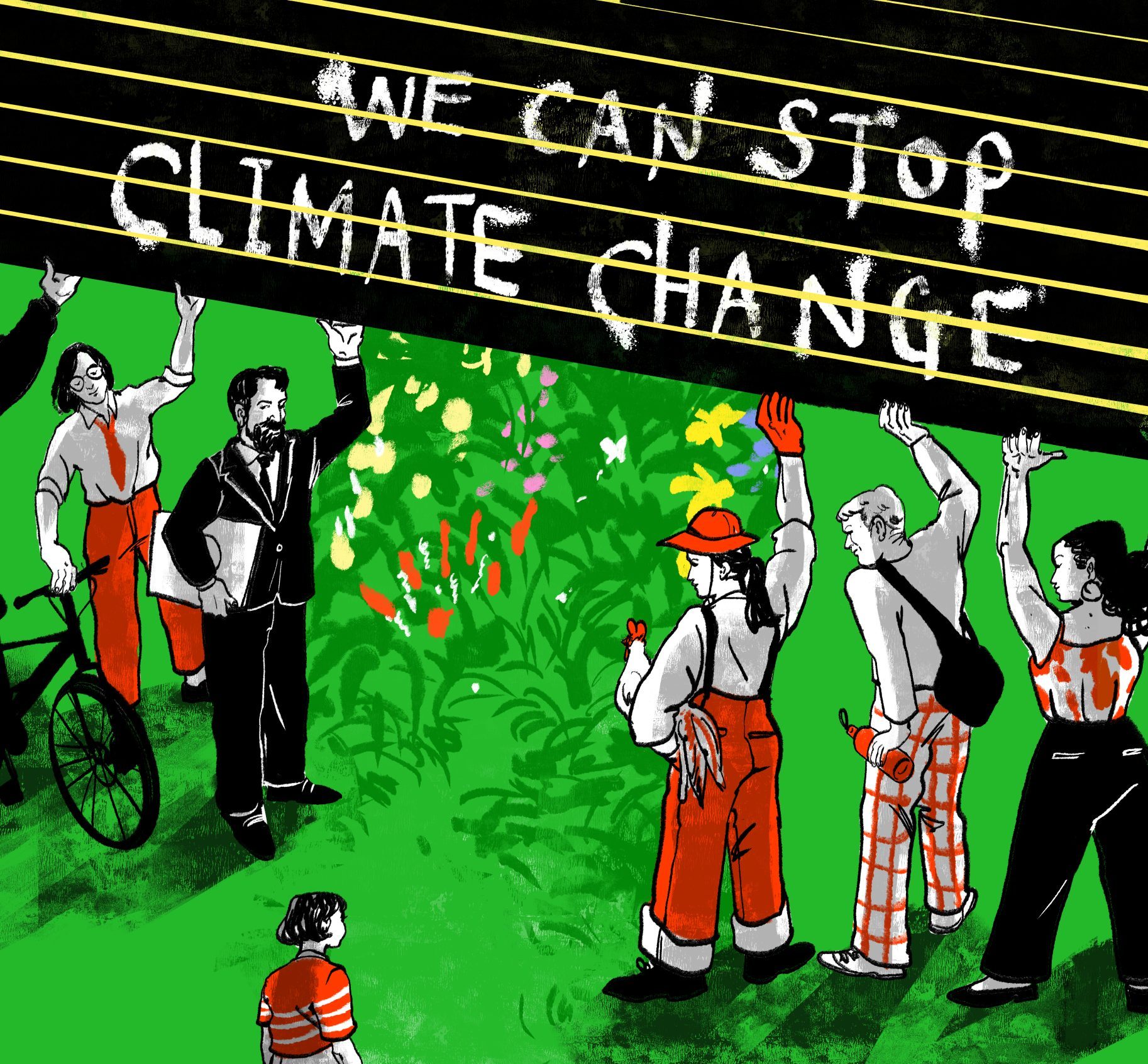Residents of the village of Prospérité have called on the United Nations Committee on the Elimination of Racial Discrimination (CERD) in Geneva to adopt an emergency procedure to force France to ‘immediately halt’ the construction of a power plant in West Guiana – known in French as Centrale électrique de l’Ouest Guyanais (CEOG) – and to move this project off their land.
The Committee is set to hold its next session from 8 to 26 April.
The appeal was filed today at the request of Indigenous traditional chief Roland Sjabere by the Organisation of Indigenous Nations of French Guiana (ONAG) and the International Service for Human Rights (ISHR), along with a report of the situation on the ground.
This report (available in French here) demonstrates that the location of the project, in the vicinity of villagers’ homes, and the deforestation of their living space constitute an act of discrimination against the Kali’na people and an infringement of the rights arising from their Indigenous identity.
Financed by investment firm Meridiam and operated by Hydrogène de France, the CEOG project occupies land less than 2 kilometres from the village. Its construction requires the deforestation of over 70 hectares of a forest of major cultural and economic importance for the Kali’na community in Prospérité, which derives its means of subsistence from access to and use of this territory on which it practises hunting, fishing and agriculture.
Since 2019, residents have mobilised and demonstrated against the construction of the power plant on this land – insisting that they do not oppose the construction of the plant as such, but its planned location. They have repeatedly denounced the failure by project managers and local authorities to secure prior consent, and they have taken several legal actions to stop construction – all of which have been dismissed.
In November 2022, over 200 people, mainly Indigenous youths from Prospérité and the nearby municipality of Saint-Laurent-du-Maroni, participated in the peaceful occupation of the construction site, to which authorities responded with repression.
Authorities made dozens of arrests throughout this peaceful mobilisation. On 24 October, 2022, the traditional chief Roland Sjabere, a central figure in the movement against the CEOG, was arrested, handcuffed and placed in police custody, leaving the Kali’na community in shock.
This arrest and those of other residents were followed by the arrival of police reinforcements and the use of rubber ball grenades and tear gas against demonstrators, worsening tensions.
Construction has been interrupted several times since 2019, but it resumed in earnest in August 2023, pushing residents to continue their efforts to occupy the land on a daily basis despite a climate of rising tensions that remains to this day.
Given the progress of construction efforts and the closure of legal avenues in French jurisdictions, ONAG and ISHR, at the request of the inhabitants of Prospérité, have submitted an appeal to the Committee on the Elimination of Racial Discrimination. This appeal shows that the attitude of local and national authorities on the CEOG project is contrary to France’s obligations as a State party to the International Convention on the Elimination of All Forms of Racial Discrimination.
‘In French Guiana, the needs and traditions of Indigenous peoples continue to be secondary issues for authorities,’ said traditional chief Roland Sjabere. ‘By persisting with this project in this form and in this location, the French Republic is trampling our identity and endangering our way of life and the future of our peoples.’
For Indigenous activist Clarisse Da Silva, ‘the report filed today clearly demonstrates that State services have neglected the rights of Indigenous peoples’, in the presentation and execution of the CEOG project. ‘The Committee must hear the voice of the residents of Prospérité: it carries with it the call of all Indigenous communities of French Guiana who are fighting for their right to preserve their cultures and their access to their lands in a healthy and sustainable environment,’ she said.
‘We hope the Committee will remind France of its legal obligations and contribute to a peaceful resolution of tensions around Prospérité,’ said Madeleine Sinclair, co-director of the ISHR office in New York. ‘Encroachment on indigenous lands without the free and informed consent of communities is a clear violation of the framework established by the Convention for the elimination of all forms of discrimination,’ Sinclair emphasised.
The Kali’na people of Prospérité ask the Committee to activate its rapid alert mechanism and urge France to immediately end construction of the CEOG plant, and to accept residents’ requests that the project be moved outside their lands.




